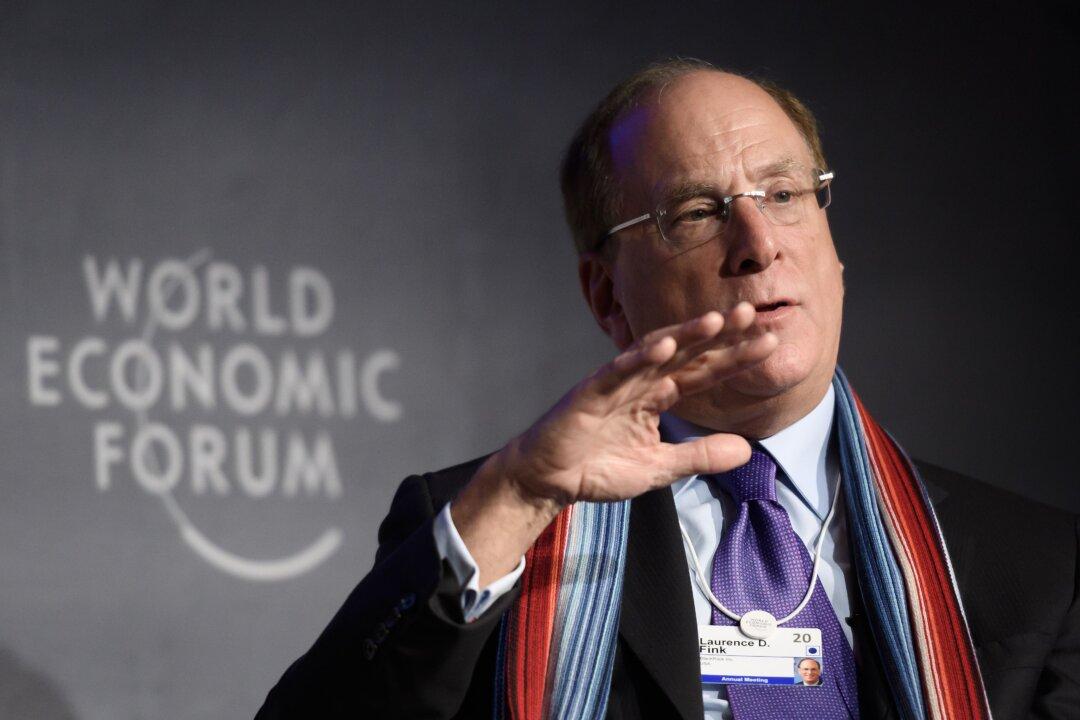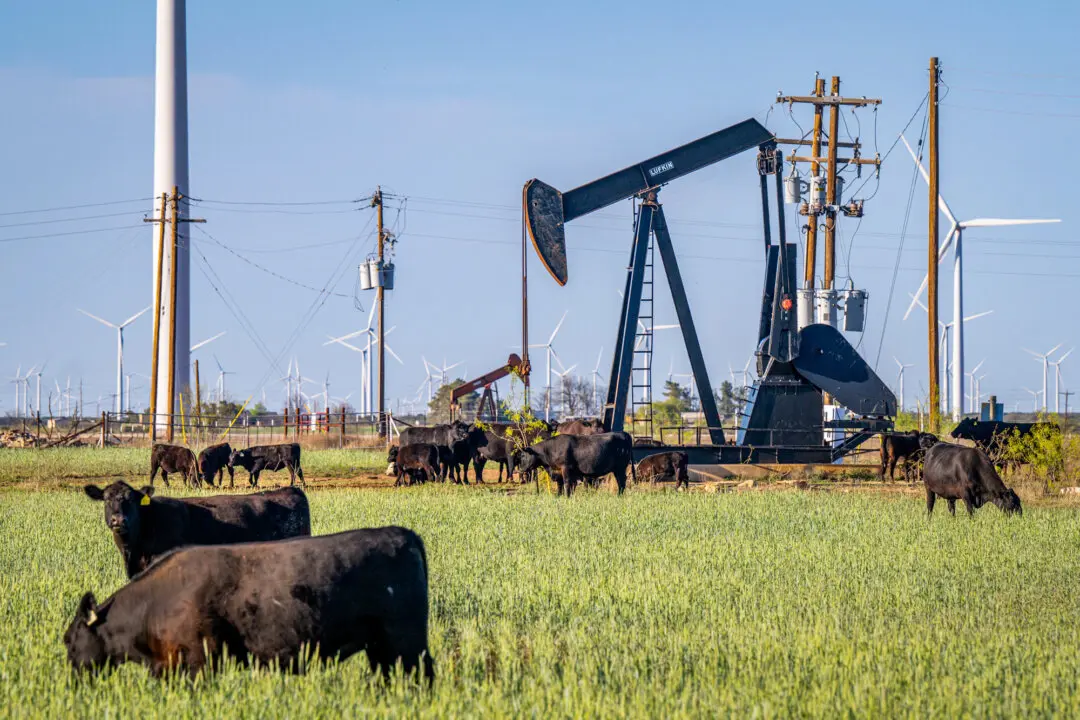Texas joined a group of Republican-led states accusing BlackRock Inc. of putting woke investment criteria above shareholder profits in state pension funds.
In a letter to BlackRock CEO Larry Fink, 19 attorneys general, mainly from conservative states, challenged his company’s reliance on environmental, social, and governance criteria at the expense of investor returns.





